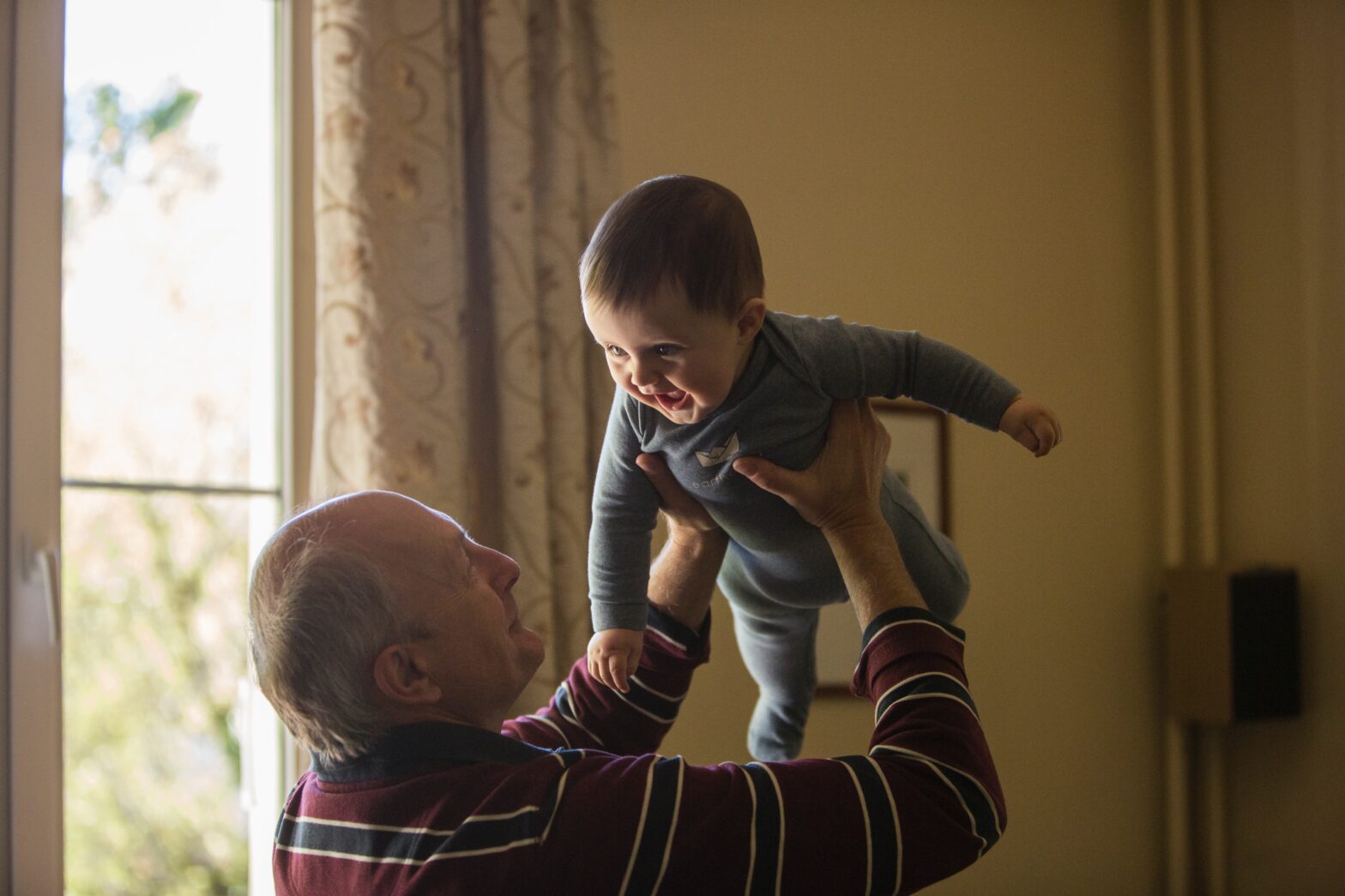Is it right for a grandmother to be banned from seeing her grandchild? The California Court of Appeals recently decided on this issue in the case of Joyce R. Finberg v. Philip Manset, et al. In this case, the paternal grandmother (i.e. the mother of the child’s biological father) requested visitation rights with her grandchild but the child’s biological mother and step-father objected.
Joyce R. Finberg v. Philip Manset, et al.

Pollyana Manset and Anthony Finberg—son of Joyce Finberg—were married and had a child, but divorced in 2004. Pollyana went on to marry Philip Manset, who later legally became the step-father of Pollyana’s son. Joyce, the child’s grandmother, was prevented from having any contact with the child by Pollyana and Phillip, who claimed Joyce undermined their authority.
Joyce filed a request for grandparent visitation with the Santa Barbara County Superior Court. In her request, Joyce argued that she had always had a close relationship with her grandson and she at one time was the child’s primary caregiver.
In response, Pollyana and Philip requested that the trial court dismiss the case on the basis that a request for grandparent’s visitation cannot be made when the child’s parents are married and living together. The trial court agreed and dismissed the case. Joyce appealed to the California Court of Appeals.
The Court of Appeal’s Decision
Upon reviewing the facts of the case and applicable California law, the court determined that a paternal grandmother does have a right to request grandparent’s visitation, even if the biological mother and the step-father object. The court relied on the language in California Family Code Section 3104(b)(5), which states:
“A petition for visitation…may not be filed while the natural or adoptive parents are married, unless…the child has been adopted by a stepparent.”
The court recognized that the California legislature used “common sense” in adding the last part of this code section as it removed the possibility of a stepparent adopting a child solely for the purpose of preventing visitation with a grandparent.
The Standard to Overcome in Grandparent’s Visitation
Interestingly in this case, both the trial court and Court of Appeals did not make a determination on whether the paternal grandparent would succeed in her request for visitation with her grandson. However, the Court of Appeals laid out a three-step standard that Joyce would have to overcome if a court were to grant her visitation with her grandson:
(1) First, California courts must start each case with the presumption that the grandparent’s visitation is not in the child’s best interest if the biological or adoptive parents agree that the grandparent should not be granted visitation rights to the child (California Family Code Section 3104(e));
(2) Second, upon reviewing the facts of the case, California courts must determine if a grandparent and a grandchild have an established bond, and if it is in the best interest of the child to allow visitation (California Family Code Section 3104(a)(1)); and
(3) Third, California courts must balance the child’s interest in having visitation with the grandparent versus the parents’ right to exercise their parental authority (California family Code Section 3104(a)(2)).
Call the Family Law Attorneys at Wallin & Klarich Today
If you or a loved one is going through a difficult family law matter, it is crucial that you speak to an experienced family law attorney immediately. At Wallin & Klarich, our attorneys have over 30 years of experience successfully handling child visitation and other family law issues. Our attorneys have the knowledge and experience necessary to get you the best possible outcome in your case.
With offices in Los Angeles, Sherman Oaks, Torrance, Tustin, San Diego, Riverside, San Bernardino, Ventura, West Covina, and Victorville, there is an experienced Wallin & Klarich family law attorney near you no matter where you work or live.
Call us today at (888) 749-7428 for a free phone consultation. We will get through this together.



